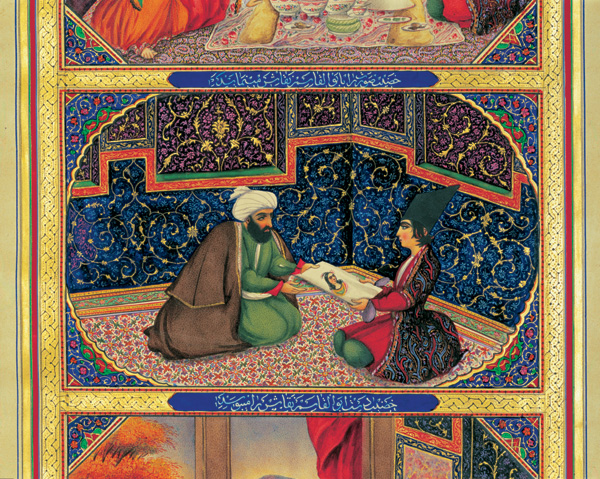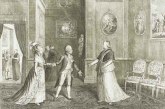
Famous stories from the “One Thousand and One Nights” came to European audience thanks to a Frenchman – Antoine Galland – who lived in the era of the famous King Louis XIV (the Sun King).
On this day a Frenchman who had a great influence on the European perception of the Arab and Islamic world was born. His name was Antoine Galland, and he is credited with the first European translation of the famous story “One Thousand and One Nights”. In fact, Galland’s impact on the compilation of the story was so great, that he can be called a sort of an author of “One Thousand and One Nights”. Namely, before Galland, these stories were not very popular, even in the Arab and Muslim world. His translation and publication in Europe, however, lived to be a huge success, so these stories practically became a part of common knowledge and influenced many other works.
Most translations of the collection “One Thousand and One Nights” were published by Galland at the time of the famous French King Louis XIV (Sun King). It is interesting that in the era of that king another Frenchman published a famous collection of fairy tales, which still make the basis of children’s literature. His name was Charles Perrault, and is known for the immortal tales of Little Red Riding Hood, Cinderella, Puss in Boots etc.
Interestingly, maybe the most famous stories from the “One Thousand and One Nights” – those of Aladdin, Ali Baba, and Sinbad – originally were not part of that collection. These three characters were, thanks only to being mentioned by Antoine Galland, connected to this compilation. It is possible that he heard these stories from the oral storytellers when he visited the Middle East, so he wrote them down.
Indeed, no Arab record for the story of Aladdin earlier than Galland’s has been found to this day. Some could think that he possibly invented the story himself, but not a high probability should be awarded to that. It is more likely that Galland really heard it from the Middle Eastern storytellers, as an oral folk tradition.




